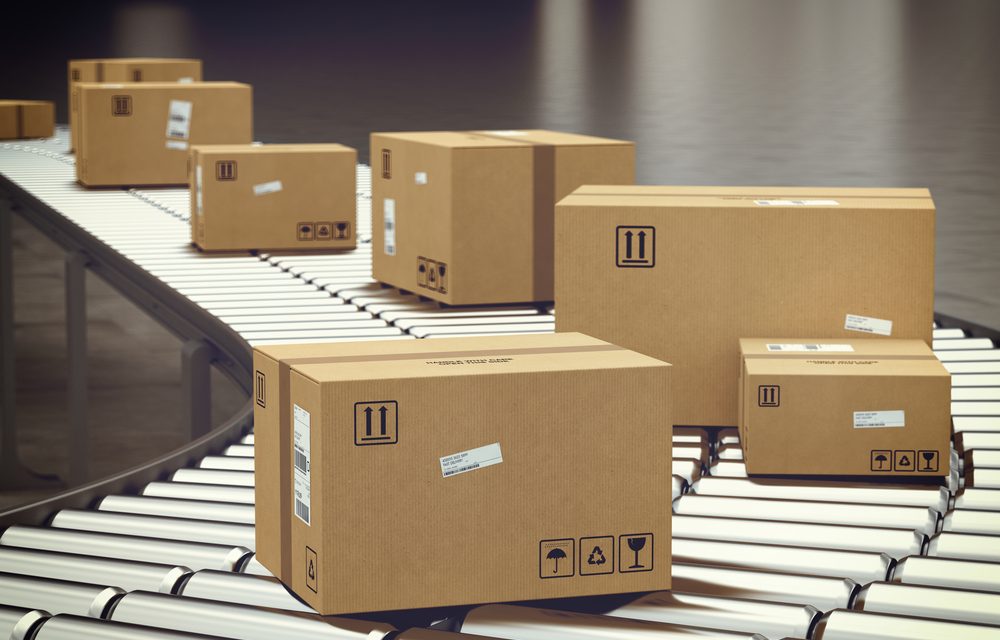Delivery disasters: Millions of parcels claimed missing during lockdown

More than 7.5 million parcels have been lost or stolen since lockdown, new research reveals.
After the coronavirus pandemic forced people to stay home, 96% of Brits have been relying on home deliveries for various things, including food, at-home entertainment, and other items. On average, they received three deliveries per week.
But research conducted by Confused.com found that more than one in seven (15%) claim at least one of their parcels was stolen or was lost. This is equivalent to at least 7.5 million missing parcels across the UK.
Courier services and suppliers have been under pressure to meet the demand of millions of orders each day, which understandably could have caused delays in delivery times. This could make it difficult for customers to track their parcels unless they pay for a premium service.
But as companies have been carrying out contact-free deliveries, it seems this could be where the issue lies. Nearly a third (30%) of those who reported a missing parcel claim it was taken from their doorstep. And for nearly two thirds (64%) of people, the item was never delivered in the first place.
For people in this situation, not getting a potentially essential item can be distressing, without the added pressure of having to track down the parcel or reclaim the costs. And the research shows that many people are unsure what they should do. One in five (20%) are confused about their rights if a parcel isn’t delivered, while one in seven (14%) wouldn’t know who to contact.
While it may seem best to contact the courier, customers should get in touch with the retailer directly, as it’s their responsibility to get the package to them on time, according to Confused.com’s expert guide. However, this isn’t the only scenario where a delivery could go wrong. What if it’s stolen, or arrives damaged? Confused.com’s guide outlines the best course of action to take in each scenario. It suggests that people should only contact the police if you believe an item was taken after the delivery took place.
Due to the lockdown, people have relied heavily on delivery services, with half (50%) of Brits claiming to have received more deliveries than normal during the lockdown period. While the average Brit had three parcels per week, one in eight (12%) had seven or more deliveries per week throughout lockdown. Clothes and shoes were the most bought and delivered items (44%), followed by supermarket deliveries (42%), entertainment items (34%), and health and beauty products (33%). Nearly one in six (16%) Brits admitted to subscribing to a new delivered product or service during lockdown, which could explain the increase in parcels being delivered.
It seems that people have generally been ordering more items online during lockdown. Nearly one in three (29%) say they’ve done more online shopping because they have more time, while more than one in four (28%) made more online purchases to give themselves something to look forward to. For nearly two thirds (61%) of online shoppers, their increase in spending habits was down to the fact that they couldn’t get to a shop.
With many people spending more time at home than usual, contactless deliveries seemed a reliable way for people to receive items while keeping everyone safe. And for two in three (67%) Brits, they’ve always been home to collect a delivery. However, nearly a third (32%) have found a parcel abandoned on their doorstep. One in 10 (10%) also claim that delivery drivers didn’t adhere to social distancing rules.
And it seems some people have been extra-cautious when receiving parcels, with more than one in four (27%) cleaning or disinfecting their packages. Nearly one in five (18%) quarantined the item before opening it.
While lockdown may have made sending or receiving parcels more challenging, it isn’t unusual for parcels to be misplaced. In fact, more than a third (38%) of Brits have had an online order go missing in the past, with two thirds (75%) claiming the item was never delivered. In any case, while contacting the delivery company may seem like the best course of action, contacting the retailer directly is more likely to get the issue resolved sooner.




